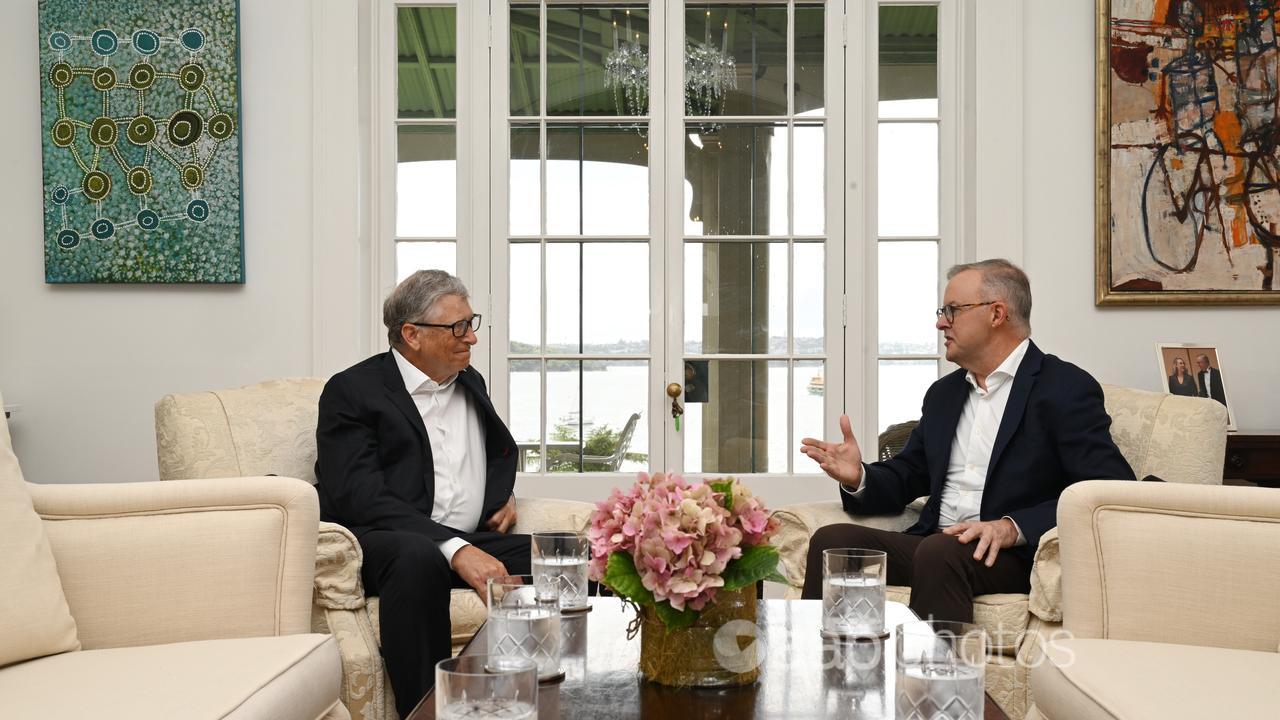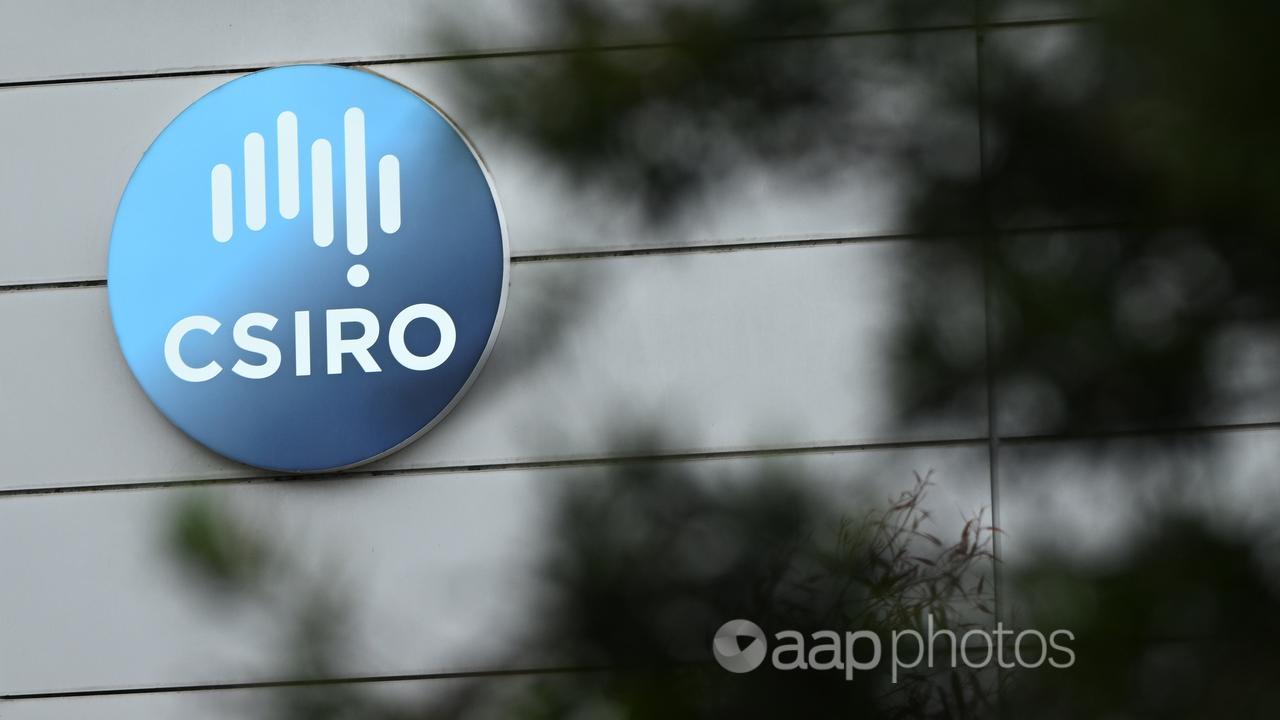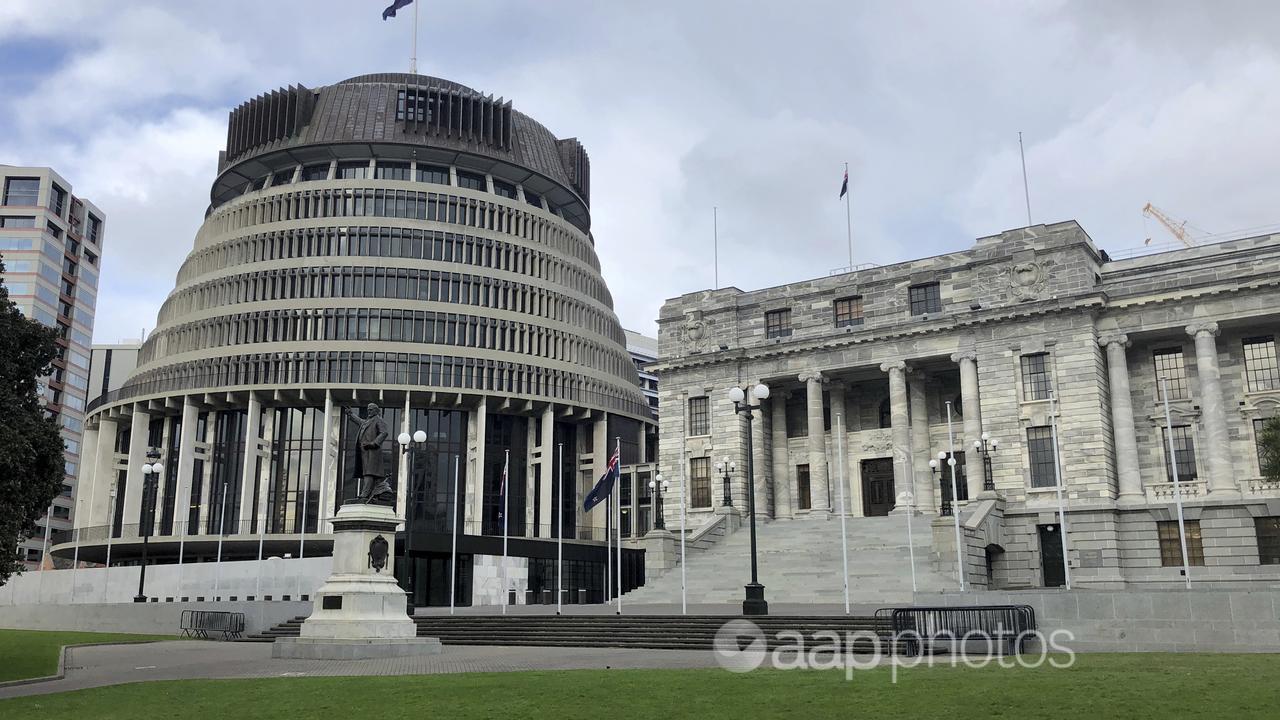AAP FACTCHECK – Genetically modified mosquitoes are not being used in a Bill Gates-backed plot to vaccinate Australians without their consent, despite claims being made on social media.
The false claims are based on an application by a biotech company to commercially release genetically modified mosquitoes in Queensland as a way of preventing dengue fever outbreaks. The technology is designed to reduce the population of disease-transmitting mosquitoes, not deliver vaccines.
The caption of one Facebook post reads: “Bill Gates met with Australian Prime Minister Anthony Albanese to schedule a release of millions of genetically modified mosquitoes to vaccinate Australians without consent in an attempt to control dengue fever in Queensland which was first tested in African villages.”
The post includes a document from the Office of the Gene Technology Regulator acknowledging a licence application to “commercially release a genetically modified (GM) mosquito strain to reduce the population of Aedes aegypti mosquitoes to help prevent dengue outbreaks in Queensland”.

The application was filed in November 2024 by biotech company Oxitec Australia, a joint partnership between UK-based Oxitec Ltd and the CSIRO.
The company is seeking approval for the commercial release of genetically modified male Aedes aegypti mosquitoes that carry a “self-limiting gene” which prevents disease-spreading female mosquitoes from surviving into adulthood.
When the GM mosquitoes are released, they breed with wild mosquitoes and pass on the self-limiting gene, reducing the overall population.
“Oxitec’s technology is entirely separate from vaccine technologies,” a spokesperson for the company said.
The spokesperson noted that only male mosquitoes will be released, which unlike female mosquitoes do not bite.
A spokesperson for the CSIRO told AAP FactCheck the technology has been piloted in south, central and north America, where more than a billion self-limiting mosquitoes have been released.
No harm to people or the environment has been reported, they said.

A spokesperson for the Department of Health and Aged Care confirmed that the mosquitoes would not be used to vaccinate people.
“The purpose of the release is to control the population of a specific mosquito (Aedes aegypti), which spreads various diseases,” he said.
The spokesperson noted that no decision on the application has been made yet, which is currently under assessment.
Many posts claim Bill Gates owns Oxitec Australia or is funding the project.
While the Bill & Melinda Gates Foundation has provided funding to Oxitec Ltd previously, the organisation is not associated with the Australian project.
“Our … Aedes aegypti solution operations globally, and Oxitec Australia’s work, are not supported by the Gates Foundation,” an Oxitec spokesperson told AAP FactCheck.
Some posts use an image of Mr Gates and Mr Albanese to suggest they have recently met to discuss the genetically modified mosquito project.
However, the footage is taken from a January 2023 Sky News report, which said the pair held discussions on energy, climate change and the work of the Gates Foundation in the Pacific.
Other posts have wrongly stated the application is related to malaria.
Oxitec UK has developed similar technology for malaria-spreading mosquitoes, but the current license application relates to the specific species that carries dengue fever.
Social media users have also suggested the program is unnecessary because there is no dengue fever in Australia. While the dengue virus is no longer endemic in Australia, outbreaks can occur when travellers who have become infected with dengue overseas return home.
If a person infected with an imported case of the disease is bitten by a local mosquito, that mosquito can then become infected and pass the virus on to other people.
The Verdict
False – The claim is inaccurate.
AAP FactCheck is an accredited member of the International Fact-Checking Network. To keep up with our latest fact checks, follow us on Facebook, Twitter and Instagram.
All information, text and images included on the AAP Websites is for personal use only and may not be re-written, copied, re-sold or re-distributed, framed, linked, shared onto social media or otherwise used whether for compensation of any kind or not, unless you have the prior written permission of AAP. For more information, please refer to our standard terms and conditions.

















